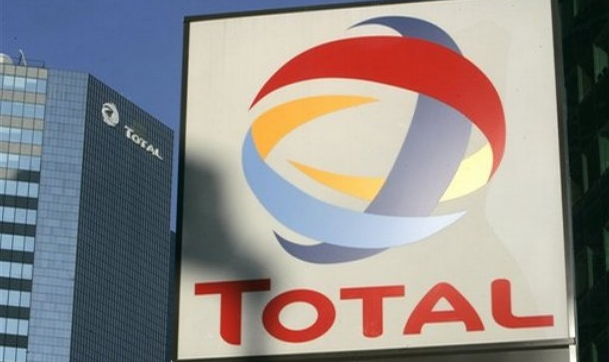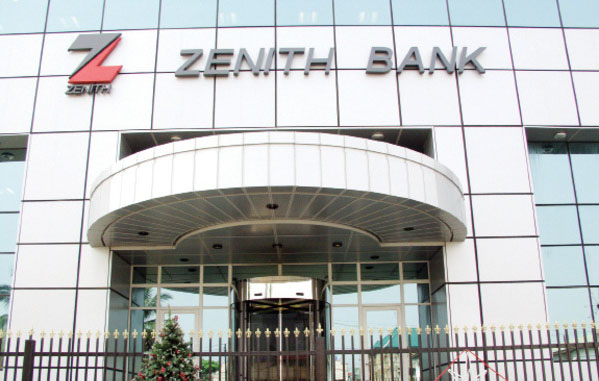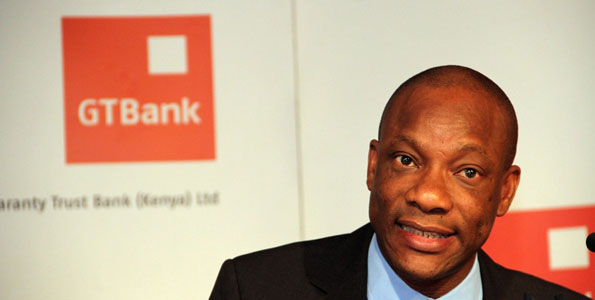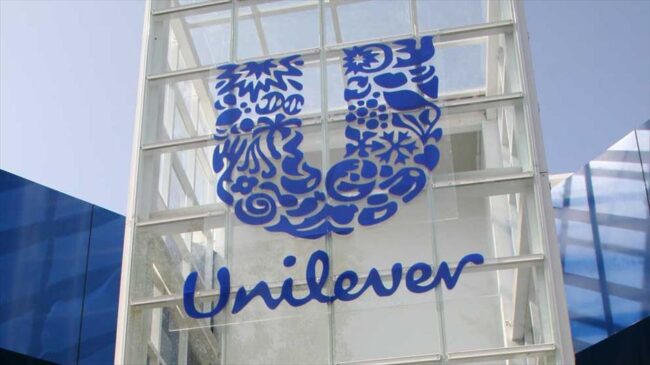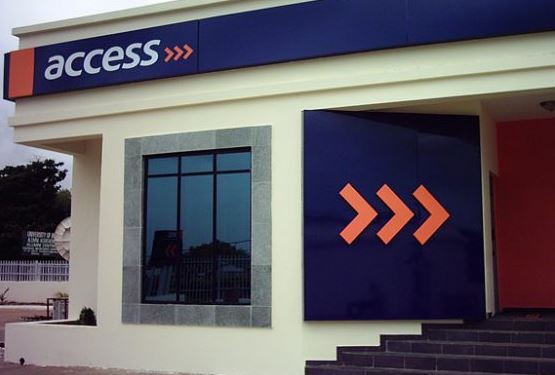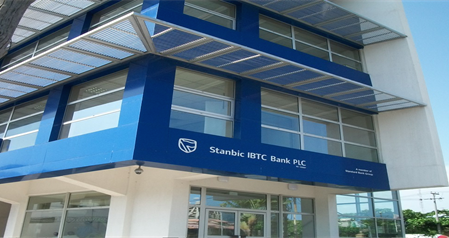Seplat Petroleum Development Company, the oil producing firm, has returned to profit, ending three years of rapidly falling profits that hit a big loss at the end of 2016. A strong final quarter saw the company advance from near break-even at the end of the third quarter to a pre-tax profit of N13.45 billion at full year.
Profit performance was reinforced by a deferred tax credit windfall of over N68 billion – which multiplied the pre-tax profit figure to a net profit of N81.11 billion for Seplat Petroleum Development Company at the end of 2017.
The good earnings story marks a turnaround from a net loss of over N45 billion in 2016. The improvement reflects the engagement of enhanced operating capacity that resolved constraints in crude oil sales in the course of the year.
The company completed upgrade and repair works on two jetties at the Warri refinery, which has increased barging volumes and stabilised exports. This resulted in increased loading of cargo in 2017 and enabled management to de-risk the dispatching of its oil production to the market.
Advertisement
The steps enabled the company to rebuild its revenue force and the outcome is a strong growth of 118% in sales revenue to N138.28 billion at the end of 2017 – the highest revenue figure in four years. The expansion in sales revenue reflects increases in oil production and export volumes as well as gains in crude oil price. Gas sales contributed nearly N38 billion to sales revenue during the year but its share dropped from 43% in the preceding year to 27% at the end of 2017.
There were significant cost savings alongside the strong growth in sales revenue. A big cost saving came from cost of sales, which at 56%, grew at a considerably slower pace than the 118% expansion in sales revenue. That lifted gross profit by almost 300% to almost N65 billion. Gross profit margin rose from 27.5% in 2016 to 47% in 2017.
One major cost area that led to the loss the company reported in 2016 is a foreign exchange loss of nearly N29 billion. The position changed to a marginal foreign exchange gain in 2017.
Advertisement
Another favourable cost behaviour happened in respect of administrative expenses, which dropped by 16.5% to N25 billion. That countered the doubling of fair value loss to N5.66 billion and lifted the company’s position from an operating loss of about N45 billion in 2016 to an operating profit of N34 billion in 2017.
An upsurge in net finance cost from about N2.5 billion to nearly N21 billion over the review period prevented much of the operating profit from flowing down to the bottom line. The sharp growth in net finance charges follows a drop of close to 92% in finance income to N1.32 billion in the year.
Finance cost remains huge at over N22 billion, reflecting the company’s huge balance sheet debts in excess of N174 billion.
A net tax credit of N67.7 billion provided a windfall that made the big difference in the company’s income statement in 2017. That accounted for more than 83% of the after tax profit the company posted for the 2017 operations.
Advertisement
The company earned N144 per share at the end of 2017, rising from loss per share of N79.73 in the prior year.
Add a comment


